This article previously appeared on Crossfader
In an era where almost any fave is deeply problematic, Fred Rogers is often pointed to as the only man who really was as decent as he appeared to be on TV. In his decades of existing in the public eye, only one decision he ever made could be considered controversial. He wouldn’t allow the co-star of MR. ROGERS’ NEIGHBORHOOD, Francoise Clemmons, to come out as gay while he was on the show due to the controversy it would cause with their sponsors. Considering that this was in the early ‘70s, and Rogers had already made a profound civil rights statement by soaking his feet with Clemmons, it’s hard to really hold the homophobia of the culture against Rogers. What the documentary WON’T YOU BE MY NEIGHBOR? illustrates is that even this short-sighted decision was an active choice, and that Rogers made many choices over the course of his long career, and most of the time, he made kind ones.
WON’T YOU BE MY NEIGHBOR? attempts to get at the heart of a man who simply exuded kindness for all the decades he was in the public eye. In many ways, director Morgan Neville had his work cut out for him; when a person courted as little controversy as Mr. Rogers did, it’s difficult to know exactly how to spin an effective narrative out of his life. Yet Neville manages to find the remarkable threads that made Mr. Rogers not just a warm presence, but truly a creative genius. Very quickly, Neville establishes how everything Fred Rogers chose to do with his television programming was remarkably intentional and relentlessly precise.
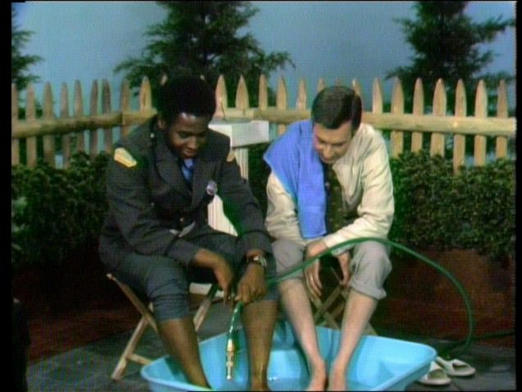
Pictured: Turkish bath
It’s incredibly easy to sneer at Mr. Rogers—I’ll admit I think the old SNL sketches Eddie Murphy did making fun of him are great. But dismissing Fred Rogers outright would be an enormous mistake for anyone who wants to create. Rogers was a confirmed Presbyterian minister and a deeply astute student of the Bible, he was a master pianist, and he read the leading child development psychologists of his era. In other words, he had raw talent, a deep moral well of values, and a keen intellect, the perfect formula for any creative. His real spark that made him one-in-a-million, however, was being able to use all the skills at his disposal and know how to reach his intended audience perfectly. In his case, his audience was young children.
Fred Rogers’ lifelong crusade was against the people who would take impressionable young minds and turn them into consumers of toys and sugary snacks, without giving those young people anything of substance to carry them through life. Today, Rogers’ show may feel painfully dated, but he kept it intentionally calm and quiet as a countervailing force to a world that was increasingly speeding up and becoming more violent. As WON’T YOU BE MY NEIGHBOR? progresses, it’s impossible to feel bored by clips of the show, because it’s so clear that every gesture and moment is meant to soothe and gently teach, rather than to simply provoke and entertain.
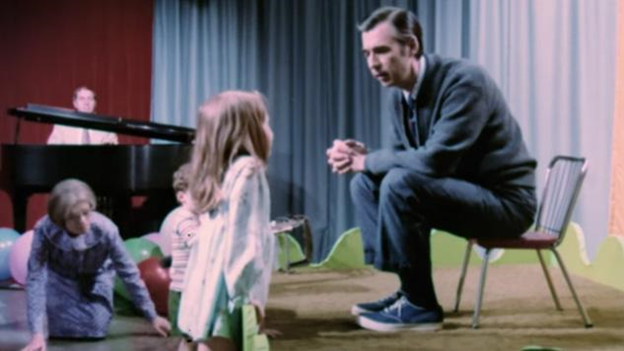
I don’t care how bad your day has been, try watching these scenes where Rogers speaks directly to children and hold back a smile
This is the real lesson of WON’T YOU BE MY NEIGHBOR? Mr. Rogers serves as such a strong example of what it is to use your natural-born talents to bring decency into the world. His show may outwardly seem simple, but he actually would make his writers carefully write and rewrite every line so that no phrase could be misinterpreted by a child. The puppets may look cheap, but Rogers breathed life into them so effectively that kids were transfixed by them. The show would very clearly demonstrate transitions between reality and fantasy so that children understood the difference between the two while still being allowed to explore in the realm of make believe. Every second of the programming was carefully made with love and acceptance for his audience as they were. Rogers was constantly predicting what his audience would need next and giving it to them exactly when they needed it. His affection for his audience, and his respect for the seriousness of their complex emotional lives, is something every creative person needs to remind themselves of as they set out to reach people.
We live in what can only be described as astonishingly unkind times. It can be easy to look at all the people in power making the active choice to do brazenly corrupt and evil things and decide that being kind and gentle as we face the world simply isn’t worthwhile. Before seeing WON’T YOU BE MY NEIGHBOR?, it would have been easy to wave off Fred Rogers as a naive relic of a far-off past. Yet when the full scope of Fred’s life is laid out in front of you, you’re forced to recognize that Rogers made nothing but kind, rational choices in the face of a cruel world. Rogers’ Presbyterian faith probably did cause him to have some blind spots, but it clearly also grounded him in a clear vision of how to bring warmth into the world. As we grow up, it’s a hard thing to remember how much free will we actually possess, how many opportunities we have to make the kinder choice in how we treat the people around us. Not all of us will be called to affect the lives of millions of children, but we are entirely beholden to the people around us, and we always have the option to be as steadfastly committed to gentleness as Rogers was. It’s difficult to say if we’ll ever have the opportunity to force our leaders to be more kind, but we can make the choice to be kind to our own neighbors, which at the end of it all, is the only thing anyone can ask of us.







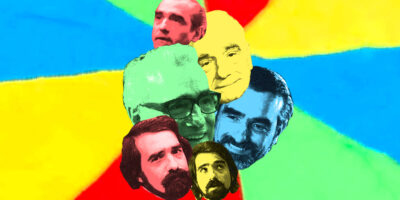




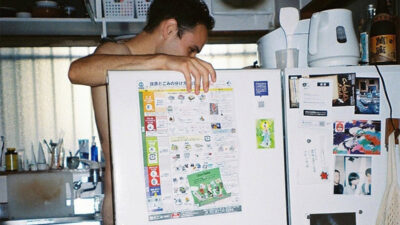


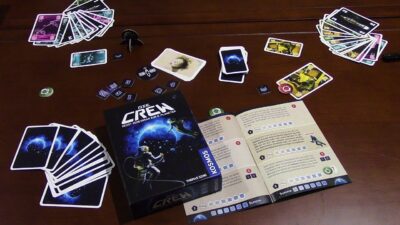
Comments